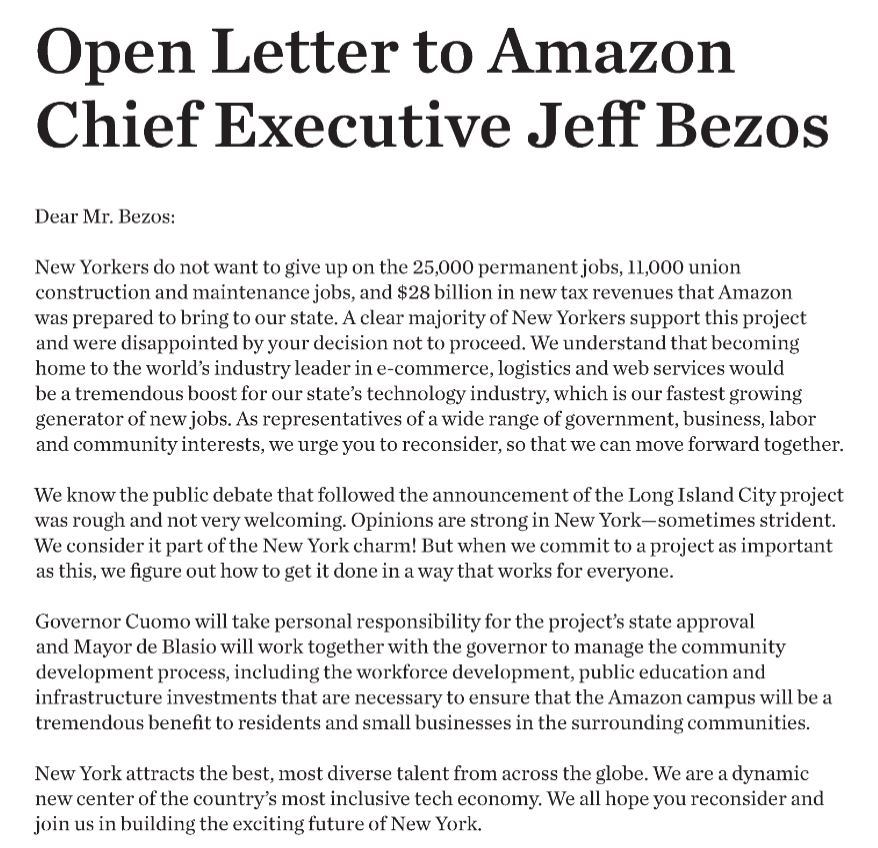Capital One's Response to the Breach
/A hacker got access to 140,000 Capital One customers’ credit information and social security information, and about 106 million people were affected by other leaked information. Officials arrested Paige A. Thompson, who goes by “erratic” and was a former Seattle technology company software engineer.
In a bar chart, a BBC article puts this breach in context of others. Capital One’s press release describes the company’s quick response:
“Capital One immediately fixed the configuration vulnerability that this individual exploited and promptly began working with federal law enforcement.”
The release also includes a statement from Chairman and CEO Richard Fairbank:
"While I am grateful that the perpetrator has been caught, I am deeply sorry for what has happened. I sincerely apologize for the understandable worry this incident must be causing those affected and I am committed to making it right."
In addition, as expected, the release includes information for customers, offers free credit monitoring, and provides an FAQ.
Discussion:
Analyze the press release. Consider the audiences, objectives, organization, tone, and so on.
How well does Fairbanks demonstrate humility in the press release? What other leadership character dimensions are illustrated? How well does he inspire confidence in Capital One?
Analyze the BBC chart shown here. What works well about the chart, and what else would be helpful to understand these breaches in context?













